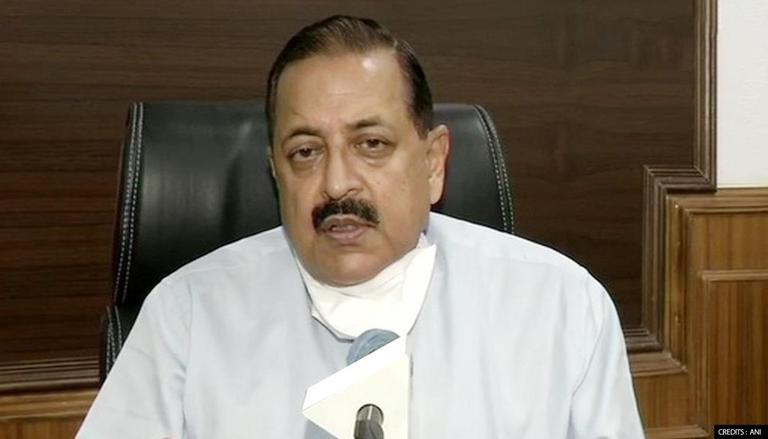Jitendra Singh, Union Minister of State, Prime Minister’s Office
“India has all the essential ingredients for the exponential growth in this sector, including a large population, a robust pharma and medical supply chain, smartphone users, and technical manpower. As the pace of digital innovation accelerates, the opportunities for healthcare companies and manufacturers will multiply and patient outcomes will improve,” he said
New Delhi:
In a bid to address issues critical to building a digital ecosystem aiming at digital health for all and how organisations can adopt digital technologies, India’s first-ever Global Digital Health Summit, Expo and Innovation Awards kicked off at New Delhi’s Vigyan Bhawan on October 28, 2022, with a spectacular attendance of more than 1,500 delegates from 50 countries.
Addressing the summit, Jitendra Singh, Union Minister of State, Prime Minister’s Office said, “This summit is an excellent opportunity to focus on the roadmap’s research and innovation priorities, particularly in relation to the digital advances in the healthcare sector. Spurred by the COVID-19 pandemic, rapid digitisation, increasing internet and smartphone penetration, and government initiatives like Make in India and National Digital Health Mission, the healthcare sector is digitizing and innovating at an accelerated speed”.
He further added that under PM Modi’s leadership healthcare has become more focused on innovation and technology over the past few years. 80 per cent of the healthcare systems are aiming to increase their investment in digital healthcare tools in the coming five years. Indian innovators are developing pathbreaking health-tech products and solutions.
The government is applying these digital health developments through the Ayushman Bharat Digital Mission.
“India has all the essential ingredients for the exponential growth in this sector, including a large population, a robust pharma and medical supply chain, smartphone users, and technical manpower. As the pace of digital innovation accelerates, the opportunities for healthcare companies and manufacturers will multiply and patient outcomes will improve,” he said.
“In India, as of 2020, the ratio of doctors to population states at 7.35 to 10,000. It is important to overcome the ratio, provide cost-efficient access to quality care, and onboard into digital health. clinical decision support system (CDSS) provides evidence-based medicine, which is way faster and more diverse than experience-based medicine, said,Cathy Wolfe, President and CEO, GGM, Wolters Kluwer, USA .
This arrangement not only helps with reducing physician burnout but also ensures improved patient outcomes. Equitable healthcare, the right care at the right time, and improved outcomes can result in immediate ROI, he said.
Commenting on the way forward, Rustom Lawyer, Co-founder and CEO, Augnito, shared, “I believe that better healthcare for all is possible by leveraging the power of digital tech artificial intelligence. For best results, we need to build an ICT strategy and framework keeping technology investment as a profit centre rather than a cost centre, drive population health analytics by investing in technology that introduces and enhances EMR adoption, invest in solutions that make it easier for doctors to adopt digital solutions such as ABDM, and invest in technology that augments current workforce as shortage of doctors cannot be solved overnight.”
The two-day summit began with a welcome address by the Summit co-chair Mr Brian O’Connor and a keynote address by Bakul Patel, Senior Director – Global Digital Health, Strategy and Regulatory, Google.

